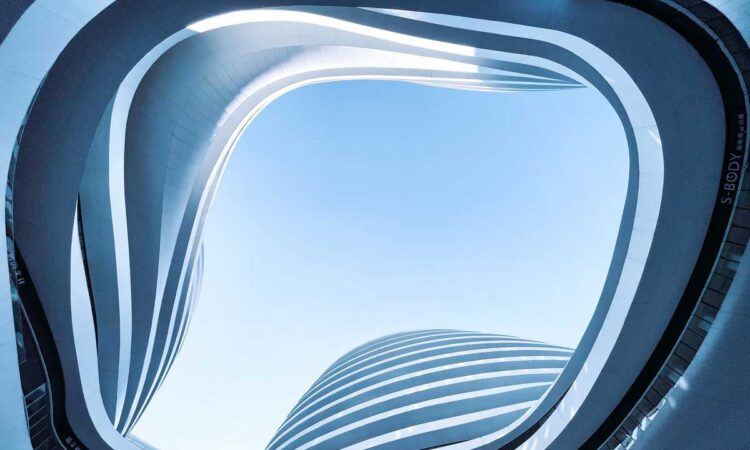Wealth Redistribution and the Illusion of Equality: The Perils of Money’s Power and the Disparity it Creates

Money has developed into a tremendous influence in today’s world that causes people to feel strong and conflicted emotions. Despite being driven by reason, the financial markets frequently go through damaging manias and crises. The importance of money and the disparity in income between the rich and the poor create concerns about the creation of wealth and its effects on society.
The income gap in America between the wealthy, middle class, and poor is startling. There is a lot of interest in understanding how the wealthy operate. Wealthy people concentrate on acquiring assets that produce passive income. They give priority to assets that provide income, such real estate and dividends, rather than cashing out on these assets and receiving nothing in return. These are the main sources of their wealth; only a small portion of their income comes from employment. This enables them to increase their wealth, participate in tax-deferred schemes, and be eligible for certain benefits.
The wealthy frequently use loans instead of selling their assets, which would result in tax obligations, to access spendable money from their assets. Due to the low interest rates, banks are more prepared to provide substantial loans to high-net-worth individuals. Rich people can finance their lifestyles using this approach without paying a lot of tax. For instance, it has been claimed that Jared Kushner, a well-known individual with great fortune, paid little to no federal income taxes for several years. Kushner and his business, Kushner Companies, use a range of strategies to minimize their tax liabilities, including purchasing real estate, taking annual deductions based on theoretical depreciation, recording losses for tax reasons, and offsetting revenue.
Now moving towards Bangladesh, it’s $2824 per capita income makes clear the country’s severe income inequality. A renowned economist, Paul Krugman, explained that averages alone cannot be used to evaluate income difference. A better indicator of the health of an economy is the distribution of income among people. It’s a sign that the nation is having problems when a sizable percentage of the populace is experiencing financial hardship. In this way we can have an idea how this per capita income can’t hide our income disparity in real life.
If we look at what our present budget offers us, it reveals, there is a deficit of more than two lakh crore rupees in Bangladesh’s newly projected budget. The International Monetary Fund (IMF) has demanded a cut in subsidies without naming any industries. Loans and interest are waived for defaulters, and they are given exemptions. These policies can be viewed as serving the wealthy class in an indirect manner. In addition, incentives are being offered, mostly to the wealthy, for the return of stolen money. The budget’s form and ideology, according to critics, promote the wellbeing of the wealthy at the expense of the constitutional duty to spend money on the state, cooperative, and legally specified sectors. Money laundering worries are raised due to dealers’ under- or overbilling, and while remittances from Middle Eastern nations suffer difficulties, the repatriation of monies from the United States is encouraged.
Now let’s turn our whole concentration into another aspect for a while. In Bangladesh, the present inflation rate is 9.74%. We must understand the severe truth that inflation makes rich people richer and poor turn into poorer. Monetary inflation is the rise in the general price of goods and services due to the actions of the monetary authority, such as the central bank. However, the causes and effects of monetary inflation remain largely unknown to the public.
The result is the concentration of wealth on a small group of people. As inflation depreciates the value of money and savings, it is disproportionately felt by those with lower incomes who depend on these assets. Conversely, the wealthy typically invest in assets such as gold and stocks, as these can absorb the effects of inflation and increase their own wealth. As more people experience financial hardship and bankruptcy, the wealth moves upwards, consolidating in fewer hands. The result is a vicious cycle in which the poor become poorer, and the rich become richer, as inflation has a disproportionate impact on different income groups.
Ultimately all these discussions tell if you have some cash in your hand, you must know how to make use of it. To foster and sustain economic growth, there is a need to address income inequality and ensure equitable distribution of wealth. Policies and appropriations that focus on the general welfare of all segments of society, support transparent practices as well as fighting corruption need to be carefully considered by governments.






